Advantages and Disadvantages of Using Solar Energy
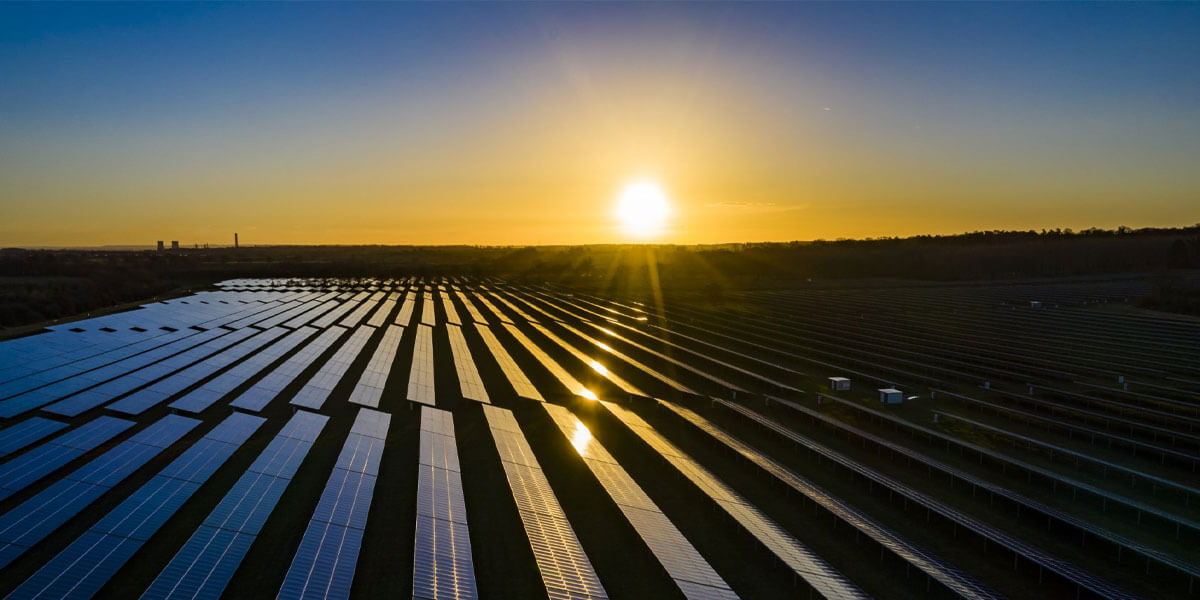
We are destroying our environment at an alarming rate. From rigorous soil erosion to global warming, we have left nothing in our wake. A significant reason for this is the pollution caused by everything we see around us.
Right from a small generator to industries, everything has contributed significantly in adding to the overall pollution. The excessive burning of coal, gas, and fossil fuels is slowly depleting the Earth’s natural resources.
In an effort to reduce their carbon footprint, more and more companies have slowly started shifting towards more conventional sources of energy.
Despite the rapid evolution of technology, some places are still prone to heavy power cuts. But as solar energy becomes more accessible, people have now moved on to using solar-powered appliances to stay connected to the grid at all times.
Solar energy harnesses the power of the sun and stores this as a form of Direct Current (DC). We rely heavily on coal and gas power stations to power our homes, offices, industries, and factories. However, these non-conventional energy sources add to our utility bills and leave a lot of pollution in their wake.
To dial down on these utility costs, people are now shifting to solar, which is a clean, renewable, and conventional source of energy that relies on nothing but sunlight.
Solar energy has changed the face of the power industry, its overall functioning, and how the electricity is delivered to the grid. This is because solar energy is by far the most accessible form of clean energy available to the public. This clean energy from the sun has now become the cheapest way to generate electricity.
For example –
- A solar-powered computer can run for 7 hours on a single charge.
- A solar-powered fan can deliver efficient cooling for up to 6 hours on a single charge.
- A solar-powered generator can charge all your electronic devices such as mobiles, laptops, power banks, iPods, and so on.
However, there is more to solar energy than just being recognized as a clean and conventional energy source. In this article, we have listed out the key advantages and disadvantages of solar energy to help you get a broader perspective of what solar energy exactly is.
The solar power advantages and disadvantages I’ve discussed in this article will paint a clear enough picture for you to understand if it’s the right thing for you.
How Do Solar Panels Work?
Over the years, we can see more and more solar panels (may be polycrystalline or monocrystalline) being installed on the rooftops around us. While many still think of it as a giant steel plate, it is time that we all understood the learning of how these solar panels work.
Solar Panels are comprised of multiple monocrystalline cells arranged on a silicon plate, with each cell made up of a negatively charged N-layer and positively charged P-layer.
These solar panels are made out of silicon and use sunlight as their source of energy. When exposed to sunlight, the monocrystalline cells present in this panel start to move and, in turn, initiate a flow of electrons that generate electricity. This electricity generated is stored in an inverter/battery in the form of DC.
The inverter/battery then converts the DC into alternating current (AC) and then supplies it to power your household appliances.
The majority of the devices in our house run on AC, so we need an inverter to convert DC into AC. Since these solar panels work only during the daytime, these panels have to be installed in areas exposed to maximum sunlight.
The more electricity these panels generate, the more they can power your devices. This ensures you will always benefit from producing clean, renewable energy. If you want to know more about solar panels, you can head to this article.
Advantages Of Solar Energy
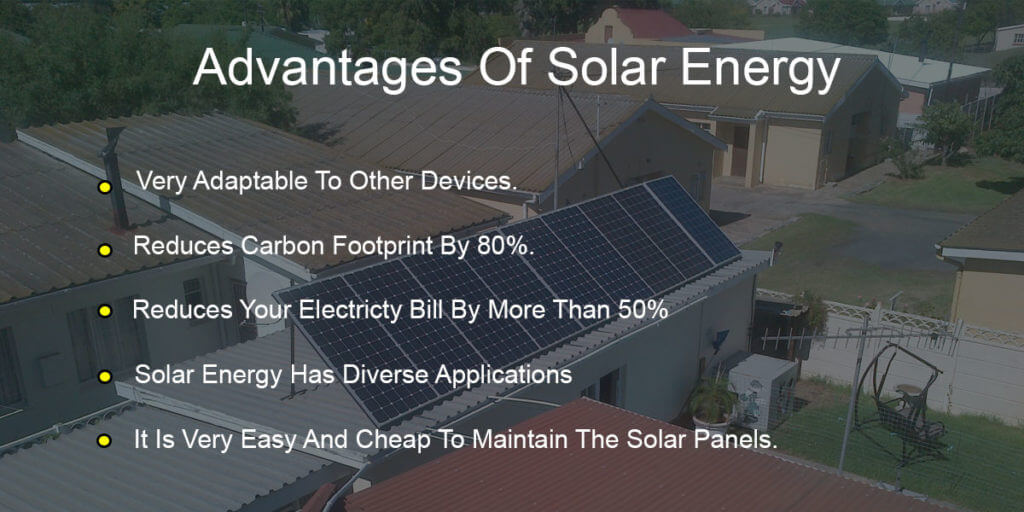
Apart from being a renewable and conventional energy source, several other advantages are associated with solar energy. These advantages make it worthy of investing in solar energy as an alternative power source. Here are a few benefits of shifting over to solar energy
1. Adaptable To Everyone Directly
One of the key advantages of solar energy is that everyone can quickly adapt to it directly. Though there will be a few initial costs, shifting over to solar can drastically cut down on your utility bills.
With the help of solar energy, you will be able to power every solar-powered household device. Also, the electricity generated by solar panels comes in handy during blackouts, power cuts, or other such emergencies.
Right from a solar-powered radio to a solar-powered computer, there is a wide range of solar-powered products currently available in the market. Adopting such solar-powered products is the key to reducing your carbon footprint and contributing your bit to the environment.
2. Reduction Of Carbon Footprint
As we mentioned above, adopting solar energy can primarily reduce your carbon footprint. Just like electric vehicles, solar-powered appliances do not add to the pollution voes. Solar is a pollution-free source of energy. With the help of solar, you can power multiple household devices for a considerable amount of time without burning electricity, gas, coal, or any other natural resource.
Compared to other non-conventional sources of energy, solar does not emit carbon dioxide or methane when working. Since solar is a renewable energy source, it replenishes quickly compared to other non-conventional energy sources.
3. Helps Cut Down On Utility Bills
A key advantage of solar energy is that it thrives under sunlight to produce electricity which helps cut down on utility bills. Under a single charge, solar energy can power multiple devices in your household for more extended periods.
Nowadays, modern solar panels are equipped with programmable control units that hold maximum electricity. At the same time, these panels store the excess electricity to be used during peak demand hours. The more power your battery holds, the longer your devices function, and the longer you depend on solar, the more you will save on electricity bills.
4. Diverse Applications
As the world adapts to this clean and renewable energy source, manufacturers worldwide introduce a wide range of solar-powered products in the market. There are a majority of solar-powered appliances now available in the market, such as radios, televisions, generators, computers, laptop chargers etc.
Since it is now widely accessible, solar energy is slowly being used to power areas without electricity and energy grids. In addition to that, it is also being used to distill water in regions with limited clean water supplies and power satellites in space.
5. Low Maintenance Cost
As we have mentioned above, solar energy is a worthy investment if you are looking for an alternative energy source. Another bonus is that these solar panels do not require a lot of maintenance. The only thing you need to do is cleaning the solar panels a couple of times throughout the year.
You can either clean them manually or opt for cleaning companies who are specialized in these activities. The majority of these solar panels come with a 25-year warranty and are made up of heavy-duty ABS materials that help them withstand harsh winds and harsh climatic conditions. However, you will need to keep the inverter cables adequately maintained to ensure maximum efficiency.
Disadvantages of Solar Energy
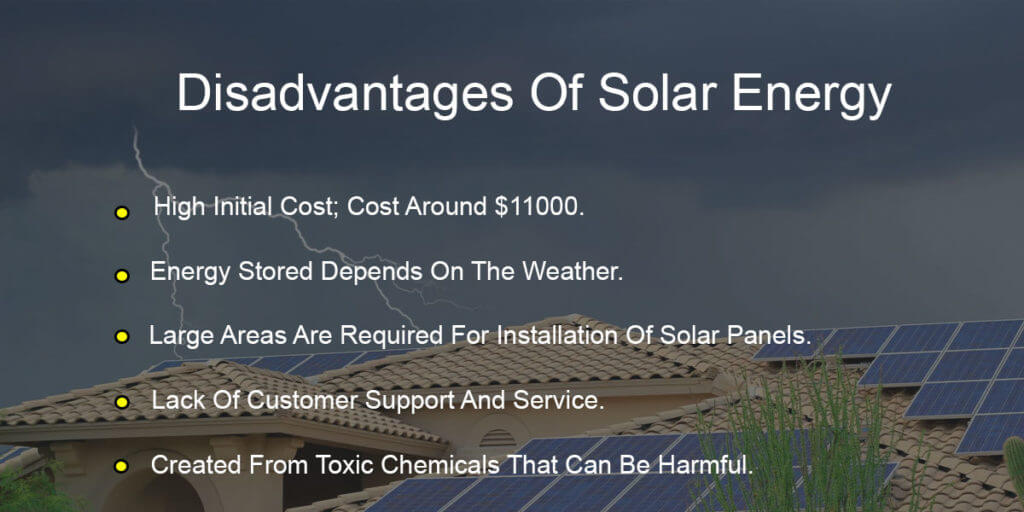
While there are multiple benefits associated with solar energy, there are also a few disadvantages that come along with it. Therefore, to better accustom yourself to this clean and renewable energy source, you need to be aware of all the things that come with it.
Here are some of the commonly recognized solar energy disadvantages –
1. High-Initial Cost
The primary reason why people shift to solar energy is to cut down on electricity and utility bills. Also, a solar setup doesn’t require frequent maintenance since cleaning the panels twice a year will do it for you.
However, setting up your solar power system has a high initial cost. This includes paying for solar panels, inverter, batteries, wiring, and the installation. The more advanced solar panels you buy, the more you will have to spend on the installation of the remaining things.
2. Weather-Dependent
As the name suggests, solar energy depends on the sun to produce electricity. These solar panels have to be installed in areas with maximum sunlight to ensure maximum efficiency. Although, these solar panels still manage to generate energy during rainy and windy climates.
However, it leads to a drastic drop in your system’s overall efficiency. Shade, rain, and harsh winds tend to have a noticeable effect on your overall energy generation. Since these panels cannot work at night, you must have enough energy stored to power your devices throughout the night.
3. Large Space Required For Installation
While your solar setup may not require frequent maintenance, it does require a certain amount of space for installation. Similarly, the more electricity you wish to generate, the more panels you will need. And the more panels you need, the more space they’re going to require.
Some roofs aren’t big enough to accommodate these sizeable Solar PV panels. If you need to install multiple solar panels, your yard can be a good alternative. However, you need to ensure that your yard gets maximum sunlight.
4. Lack Of Customer Services
Over the years, users have complained about insufficient customer services in the solar installation business. However, as the demand increases, manufacturers have now started offering warranties and service contracts to their customers.
Although there are plenty of manufacturers and suppliers present in the market, users have complained about the lack of local customer support to help solve customer issues regarding installation and daily maintenance. However, with the constantly evolving information and communication services, these customer services are bound to get better in the near future.
5. Potential Pollution
Even though solar is a clean, conventional, and renewable energy source, some potential pollution continues to exist. Though customers are shifting to solar to reduce their carbon footprint, it is bound to create some environmental impact, which is unavoidable.
The production of solar cells includes several harmful metals such as lead, gallium, arsenide, and cadmium. This electricity is produced inside these metals within the control of environmental operations. However, the wind may act as a carrier that transports a few of these pollutants in the atmosphere. Note that solar energy is an excellent way of expressing your social responsibility; it tends to have a minimal effect on global warming.
The Bottom Line
We hope our article was able to guide you through everything solar energy has to offer. Solar energy is clean, renewable, and easily accessible. Shifting from a non-conventional source of energy to solar energy can help you cut down on utility bills.
Although there are many environmentally proven benefits of solar energy, there are several disadvantages associated with it. Therefore, we hope our article could get you up to speed with every advantage and disadvantage related to solar energy.

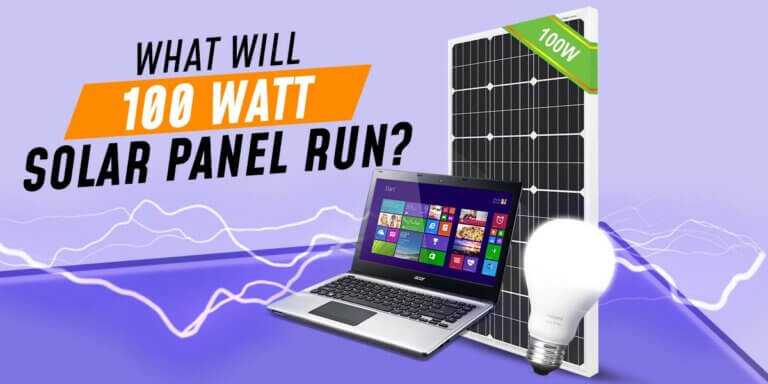
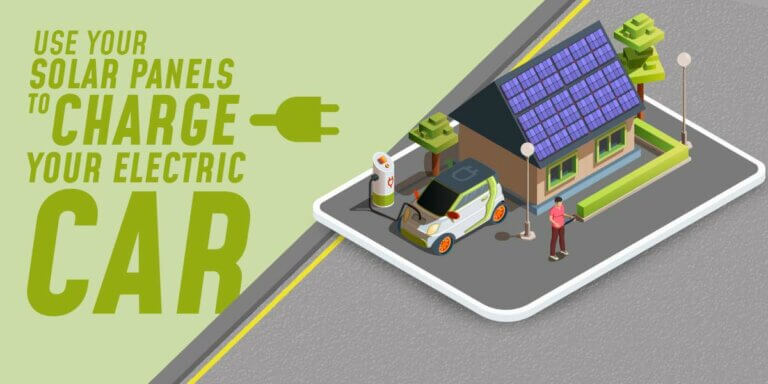
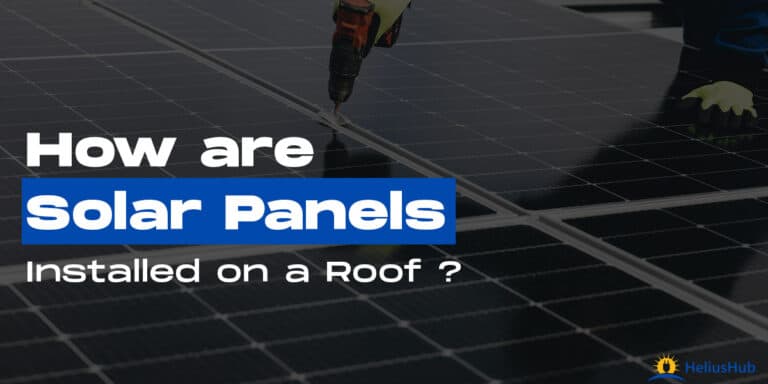
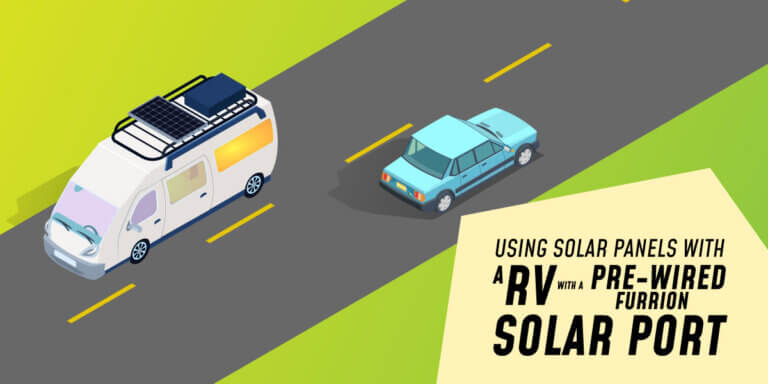
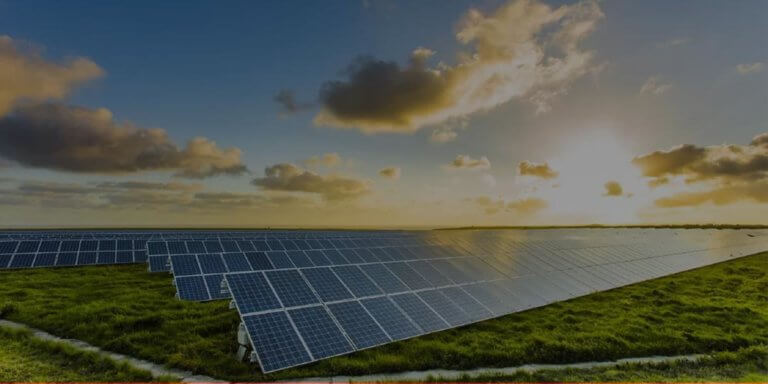

Thanks for helping me understand how solar energy is something renewable and can provide power to your home! I want to help my colleague with his plan of saving up for a new car. I hope he’d consider investing in solar systems as a start.
I like how you mentioned that anyone can quickly adapt to solar energy directly. I would imagine that it would be a good idea to place solar panels on the side of your home that gets the most sunlight. This seems like the best way to maximize your investment and energy production.